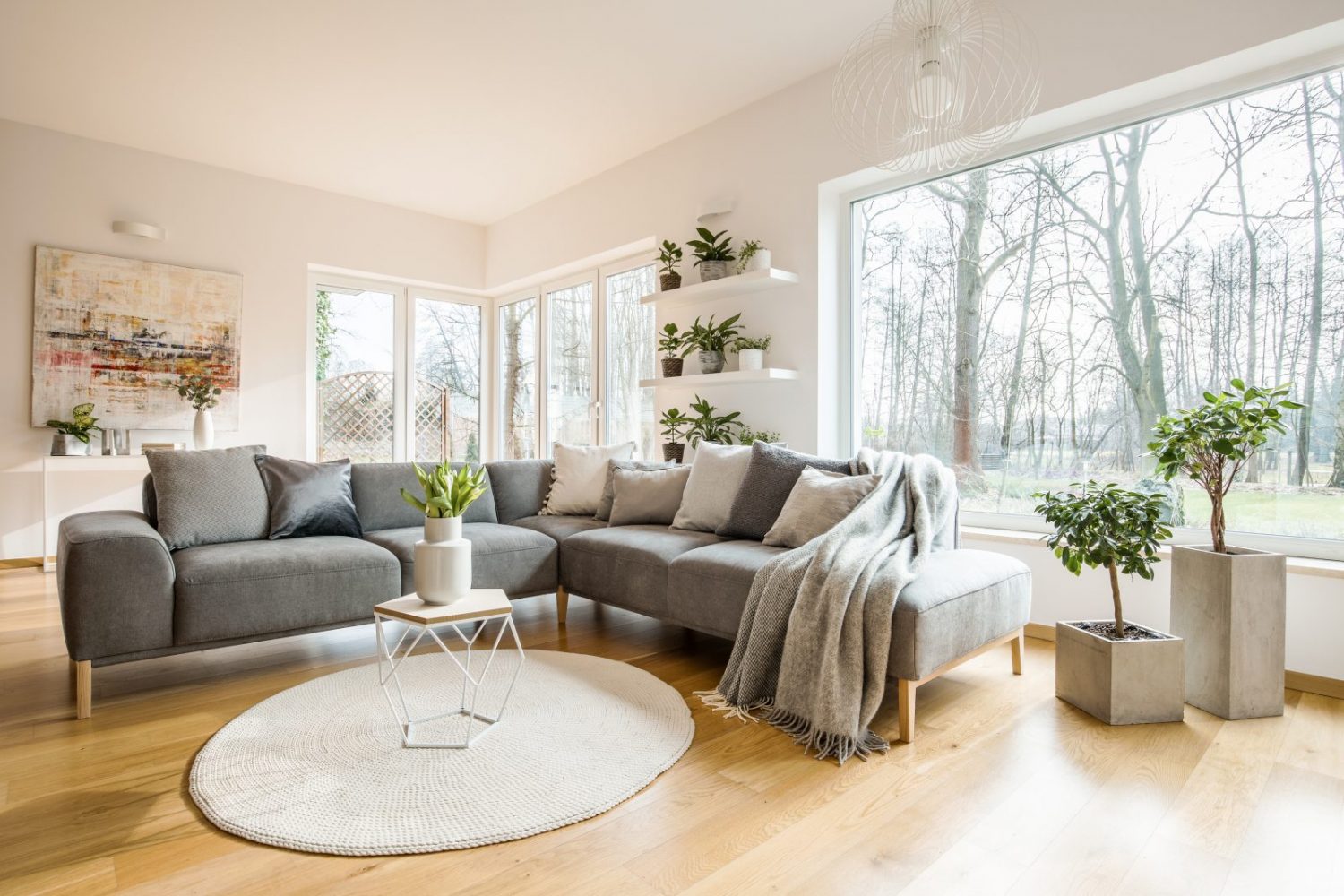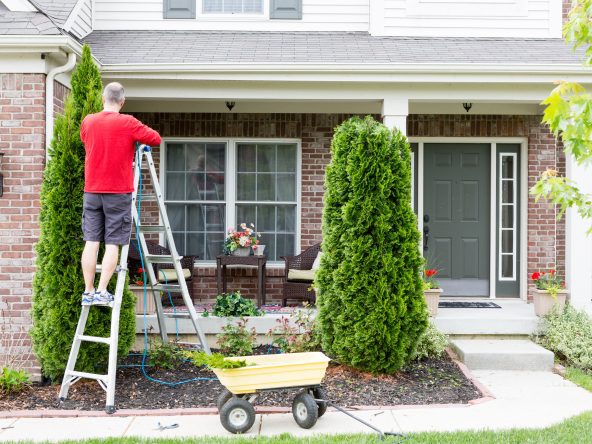You Ask, We Answer: What Types of Windows Are Right for My House?
As any Connecticut homeowner knows, having the right windows in your house can make all the difference. From how your home looks to how well it can keep the heat or cool air in and the ever-changing New England elements out, windows play an integral role in how comfortable and cost-efficient your home is throughout the year. If you’re thinking about replacing your windows but aren’t sure where to start, we’re here to help. Read on to learn which windows are right for your house, from styles to frames to energy efficient glass.
Window styles
Replacing your windows means you have the opportunity to choose the style that best suits your Connecticut home—from the design to the elements your home is exposed to throughout the year.
Traditionally, double-hung windows are popular choices among homeowners. You’ve probably seen them in your neighborhood and may have them in your own home. With double-hung windows, the bottom of the window can be raised, and the top of the window can be lowered. This is often a popular choice not only for its visually appealing style, but for easy cleaning; most double-hung styles can tilt inward and allow you to reach the exterior glass from the comfort of inside your home.
Casement window styles, often seen in tall windows, open by swinging outward with the turn of a crank handle. Popular in windy areas in particular, casements tend to have a tighter seal, protecting your home from drafts. While the hinges and crank handles may require occasional maintenance, this style can offer a virtually unobstructed view outside, and tend to be very efficient at keeping the elements at bay.
Big, beautiful windows that fill your home with light may best be suited to a picture window. Picture windows in general do not open, but they do come in a variety of shapes and sizes to really amp up impact in your home. And, with the option to choose the type of glass used in picture windows, they can also be energy efficient, even if they are sizable.
A frame that fits
Once you decide on the style of window you’d like, it’s time to consider the window frames.
Wood window frames deliver great insulate value, but they require upkeep—and they have the potential for rot, especially in rainy, humid climates. Still, if the wood frame is well made with the correct species of wood for the climate, they can last for many years.
Vinyl window frames solve for the problem of rot, but they may not offer the same color options some homeowners are seeking. Still, many Connecticut homeowners opt for vinyl for its affordability and longevity. If a vinyl frame is properly fit and installed, it can be highly energy efficient.
Like vinyl, aluminum window frames offer practicality. They aren’t going to rot in the Connecticut humidity and rain, and they’re strong—which means they’ll last a long time. Though aluminum window frames aren’t always the best choice to keep heat from entering or escaping your home, their longevity can make them attractive to homeowners who don’t want to worry about caring for wood window frames.
The best of both worlds? Wood clad window frames meet the aesthetic preferences and practical needs of many Connecticut homeowners. With low maintenance vinyl or aluminum exterior to help prevent rot, and a wood frame interior to negate temperature transference while looking beautiful, wood clad windows are often a popular choice. Just a heads up, though. According to HGTV.com, wood clad windows in rainy climates should have “waterproof rubber membranes around the cladding as well as a stand-alone flashing assembly called a sill pan. The sill pan drains any water that gets around the windowsills and jambs, minimizing moisture intrusion (and resulting wood deterioration).”
Energy efficient options
As it turns out, when it comes to windows, all glass is not created equal. But that doesn’t mean you have to opt for every marketing buzzword to make your windows energy efficient! In fact, HGTV.com says, triple-paned glass or denser gasses between panes of glass may just add on more money without the benefits you’re hoping for.
Instead, consider opting for a double-paned windows with Low-E glass that have a vacuum-sealed argon fill. While this may add an additional cost (around $40 per window, according to HGTV.com), the payoff on your energy bill is well worth the initial investment.
For windows to quality for Energy Star status, they must meet standards for U-value— which measures a window unit’s resistance to heat loss—and Solar Heat Gain Coefficient (SHGC), which measures the amount of heat entering the home through the glass. The lower the number on both metrics, the better performance of the window.
Still have questions about which windows are best for your home? Reach out to your Calcagni Real Estate agent for some suggestions. With over 50 years in the Connecticut real estate business, our REALTORS® are sure to have some considerations to help you decide what makes the most sense for your home.




